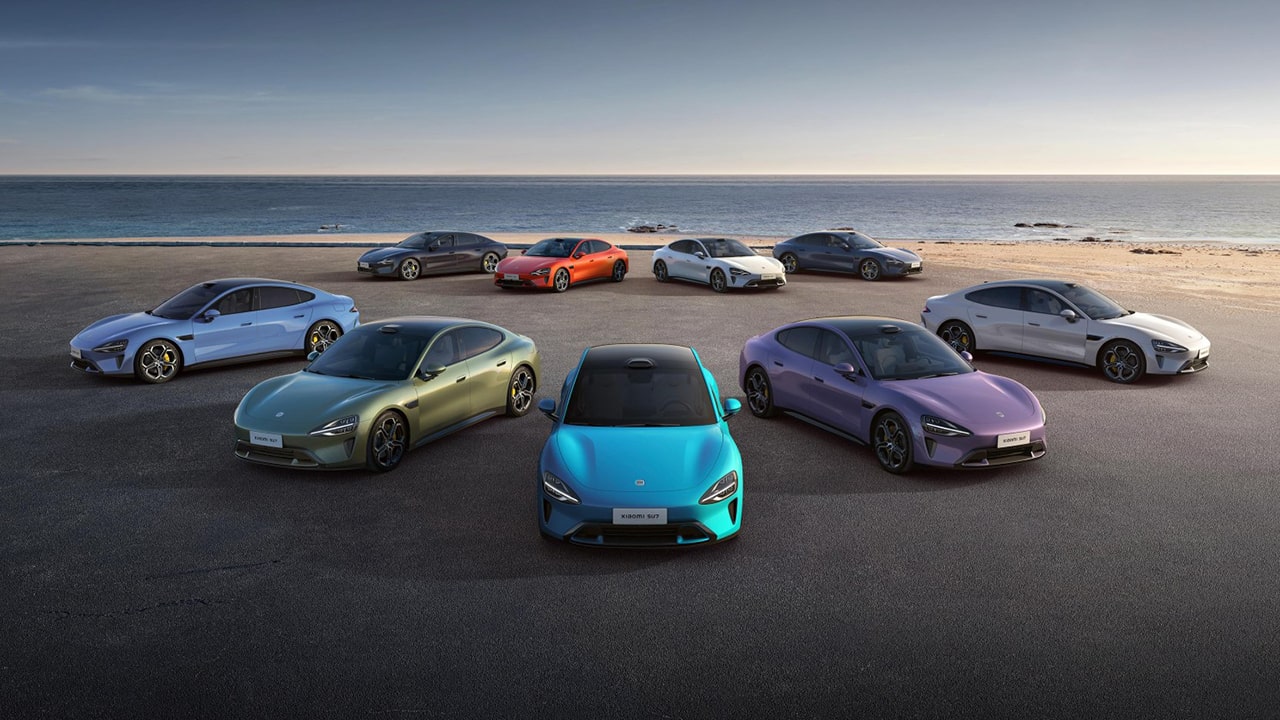Song Gang, Tesla’s former vice president of manufacturing and ex-director of its Shanghai gigafactory, is slated to join Envision Energy, a global leader in wind turbines and energy storage system integration, in the coming weeks.
Meanwhile, Tesla’s Shanghai gigafactory will have a new director—Fei Wenjin, senior director of automotive and parts quality. Insiders familiar with Tesla’s operations told 36Kr that Fei’s department oversees critical stages of production, making him highly attuned to the nuances of Tesla’s manufacturing ecosystem. Known for his dynamic leadership style, Fei is expected to transition smoothly into his expanded role.
The Shanghai gigafactory director role is pivotal, overseeing operations across the Phase 1 and Phase 2 plants and the battery and motor factories. While Tesla’s US headquarters manages the supply chain, the director shoulders responsibility for all manufacturing operations within the facility.
Song, who joined Tesla in 2018 after stints at Ford and SAIC General Motors, brought extensive expertise in procurement and supply chain management. He played a vital role in localizing Model 3 production within a year and launching production at the Phase 2 plant, which houses the Model Y line.
Since the announcement of Song’s departure, speculation about his future has been rife, with rumors suggesting potential moves to Xiaomi or Nio. However, insiders from both companies have denied these claims. Wang Hua, Xiaomi’s PR general manager, dismissed the chatter, expressing full confidence in factory director Ji Guowei’s leadership.
An executive from an automaker told 36Kr that Tesla’s achievements actually rest on China’s robust industrial ecosystem, and the depth of local manufacturing talent has often been overlooked.
Tesla once set the benchmark for manufacturing excellence in China. However, the competitive landscape is shifting rapidly. Domestic automakers such as Li Auto and Xiaomi are emerging as formidable players, driven by technological advancements and operational efficiency.
Li Auto reached the milestone of producing 1 million vehicles in under five years, a record-breaking feat since its first car rolled off the line in November 2019. Xiaomi, a newcomer to automotive manufacturing, achieved 100,000 vehicles in just nine months, with monthly production now surpassing 20,000 units less than a year after its debut.
Tesla’s integrated die casting process, hailed as revolutionary, has become an industry standard. Xiaomi has raised the bar further with its “hyper die casting” method, using equipment with a clamping force of 9,100 tons—surpassing the 6,000-ton capacity of Tesla’s Shanghai facility and even the 9,000-ton machinery in the US.
Meanwhile, Li Auto has embraced intelligent production with its proprietary “Li-MOS” system, which optimizes the entire manufacturing process. The company claims it takes just 25 hours to transform raw steel into a fully assembled vehicle.
Tesla’s Shanghai facility remains a marvel of localization, with over 95% of its supply chain based in China and a workforce that is 99.99% Chinese. However, its once-revered status is being reassessed as domestic players rapidly catch up.
China’s industrial ecosystem continues to evolve, empowering local automakers to rival—or even surpass—global competitors. The race is no longer about catching up; it’s about defining the future of automotive manufacturing.
KrASIA Connection features translated and adapted content that was originally published by 36Kr. This article was written by Xu Caiyu for 36Kr.

